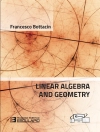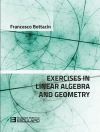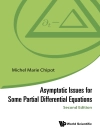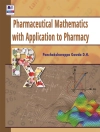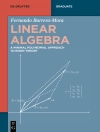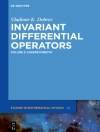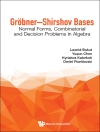The primary audience for this book is students and the young researchers interested in the core of the discipline. Commutative algebra is by and large a self-contained discipline, which makes it quite dry for the beginner with a basic training in elementary algebra and calculus.
A stable mathematical discipline such as this enshrines a vital number of topics to be learned at an early stage, more or less universally accepted and practiced. Naturally, authors tend to turn these topics into an increasingly short and elegant list of basic facts of the theory. So, the shorter the better. However, there is a subtle watershed between elegance and usefulness, especially if the target is the beginner. From my experience throughout years of teaching, elegance and terseness do not do it, except much later in the carrier. To become useful, the material ought to carry quite a bit of motivation through justification and usefulness pointers.
On the other hand, it is difficult to contemplate these teaching devices in the writing of a short book. I have divided the material in three parts. starting with more elementary sections, then carrying an intermezzo on more difficult themes to make up for a smooth crescendo with additional tools and, finally, the more advanced part, versing on a reasonable chunk of present-day steering of commutative algebra.
Historic notes at the end of each chapter provide insight into the original sources and background information on a particular subject or theorem.
Exercises are provided and propose problems that apply the theory to solve concrete questions (yes, with concrete polynomials, and so forth).
Про автора
Aron Simis is Professor Emeritus: Universidade Federal de Pernambuco, Recife, Brazil, and a Class A research scholarship recipient from the Brazilian Research Council.[1] He earned his Ph.D. from Queen’s University, Canada. He has previously held a full professorship at IMPA (Instituto de Matemática Pura e Applicada) in Rio de Janeiro, Brazil. He was president of the Brazilian Mathematical Society and a member on several occasions of international commissions of the IMU (International Mathematical Union) and TWAS (Academy of Sciences for the Developing World).[2]
At large he is a John Simon Guggenheim Fellow[4] and has been awarded other fellowships from the Max Planck Institute, Japan Society for Promotion of Science, and the Istituto Nazionale di Alta Matematica. He is a member both of the Brazilian Academy of Sciences and the Academy of Sciences for the Developing World (Trieste, Italy).
His main research interests in mathematics include main structures in commutative algebra; projective varieties in algebraic geometry; aspects of algebraic combinatorics; special graded algebras; foundations of Rees algebras; cremona and birational maps; algebraic vector fields; differential methods.





